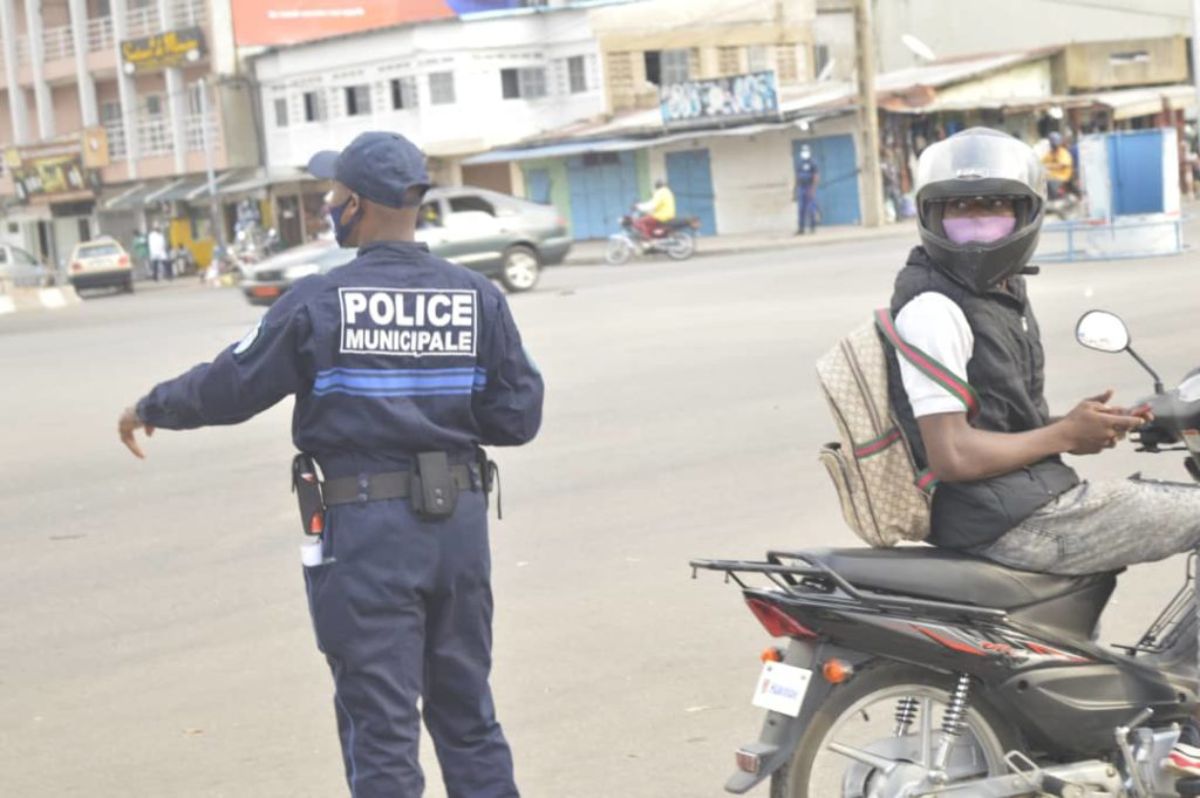Benin – Urban mobility: IDA grants 120 billion CFA francs to revolutionize transport in the Grand Nokoué
The Grand Nokoué area—an urban hub that includes Cotonou, Abomey-Calavi, Porto-Novo, Sèmè-Podji, and Ouidah—is poised for a major overhaul of its transportation system.

SUMMARY
The International Development Association (IDA), a branch of the World Bank Group, has approved a $200 million loan, equivalent to approximately 120 billion CFA francs, to modernize mobility in this strategic region of Benin.
The ambitious project aims to establish an integrated public transport network, centered around buses and boats, initially serving 270,000 daily commuters, with a target of reaching up to 360,000.
Beyond infrastructure, the initiative seeks to fundamentally restructure the informal transport sector. It includes support for motorcycle taxi drivers (zémidjan) and minibus operators (locally known as “Tokpa Tokpa”) to help them transition toward more professional, better-regulated operations.
Despite significant efforts to upgrade the road network, cities within the Grand Nokoué continue to suffer from persistent congestion, a lack of reliable alternatives, and increasing pollution.
The IDA’s new funding comes at a critical time, as population growth and urban dynamics demand sustainable and inclusive solutions. This urban mobility project aligns with a broader vision of urban modernization, promoting e-mobility, reducing pollution, and generating large-scale employment.
According to World Bank estimates, the initiative could create 17,000 jobs in vehicle renewal and electric mobility sectors, 800 new positions in urban transport services, and around 1,000 jobs during the infrastructure construction phase.
A lasting social impact
Over 65,000 zémidjan drivers are expected to benefit from improved social coverage, tailored training, and a more structured working environment—steps toward greater economic inclusion.
The IDA’s investment marks a significant milestone for Benin as it moves toward a more resilient, equitable, and environmentally friendly model of urban mobility.


Comments